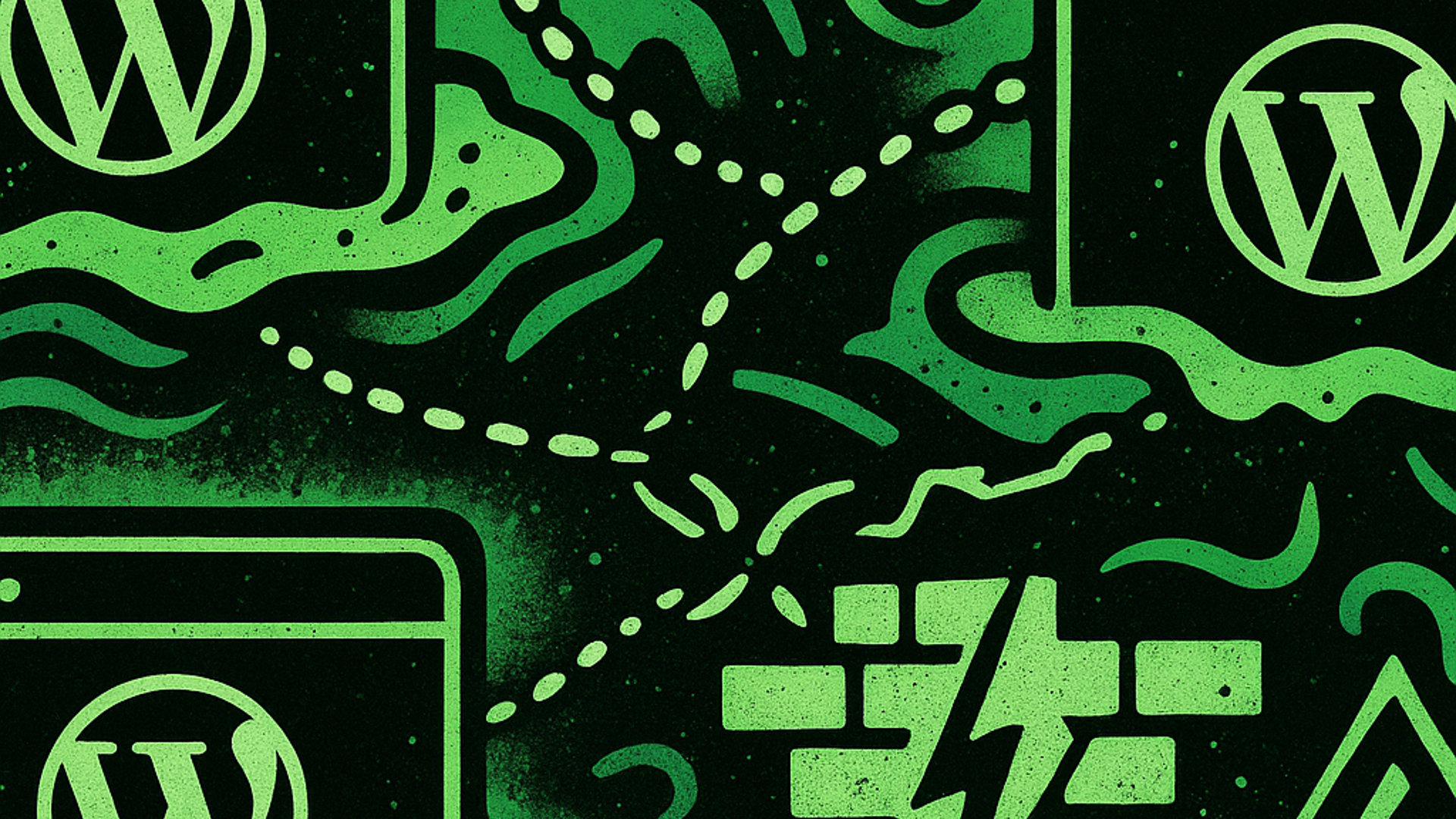Why WordPress Security Matters More Than Ever

TL;DR:
WordPress security is critical for protecting websites from a range of threats — from financially motivated hacks like data theft, ransomware, and traffic hijacking, to politically driven attacks and defacements.
Understanding why websites are targeted helps site owners assess their risk level and implement the right security measures. While most attacks are automated and random, every WordPress site needs a solid security foundation to stay protected.
WordPress security has become just as essential as website performance — and in many cases, even more so. A single security breach can result in downtime, reputational damage, and irreversible data loss. While performance issues may be temporary, compromised data is often lost for good.
A single security breach can result in downtime, reputational damage, and irreversible data loss.
Before we get into how attacks happen, let’s first explore a more important question: why are WordPress websites targeted in the first place?
💰 Most attacks are monetarily motivated
In the vast majority of cases, hackers are after one thing: money. Websites, especially those running on WordPress, are valuable digital assets that can be exploited in various ways for financial gain.
Here are some of the most common monetization tactics used on compromised websites:
1. DDoS services
Hacked websites may be added to botnets — networks of infected sites or servers — and used to launch DDoS (Distributed Denial of Service) attacks. These attacks overwhelm target servers with traffic, taking them offline. DDoS-for-hire is a lucrative underground service.
2. Traffic hijacking
Attackers often redirect a site’s traffic to ad networks, phishing pages, or scam websites. By targeting widespread vulnerabilities, hackers can hijack traffic from thousands of websites at once and funnel it to shady destinations for affiliate revenue or fraud.
3. Exploiting server resources
Once compromised, a server can be used to host malware, phishing kits, spam bots, or crypto miners. Since the website owner unknowingly foots the bill for bandwidth and CPU usage, hackers gain free infrastructure for their operations.
4. Ransomware & database deletion
A common tactic is to steal and delete a site’s database, then demand ransom from the owner. If no backups exist, the owner may have no choice but to pay to regain access.
5. Stolen data
E-commerce and membership sites are often targeted to steal credit card details, personal data, and login credentials. These can be sold on dark web markets or used for identity theft and fraud.
🎭 Other (less common) motivations
Not all attacks are about money. Here are a few alternative reasons websites get hacked:
1. “For the Lulz.”
Some amateur hackers — often called script kiddies — deface websites just for fun or attention. While disruptive, these attacks are usually obvious and easy to detect.
2. Political messaging
Defacements may also serve as political statements, especially during times of conflict or protest. These are often timed with world events and aim to spread a specific agenda.
3. Hacktivism
Hacktivist groups target organizations they view as unethical — like oil companies, governments, or surveillance firms. Their techniques are more advanced, and their attacks more focused.
4. APTs (advanced persistent threats)
These are state-sponsored groups targeting high-value systems for espionage or cyberwarfare. They operate stealthily and usually target government portals, infrastructure, or businesses with strategic data.
Why Understanding the “Why” Matters
Understanding the motivation behind cyberattacks helps you assess risk and determine the level of protection required. For example:
- A local café website likely isn’t a target for APTs or hacktivists.
- An e-commerce store handling sensitive customer data is a prime target for data theft and ransom attacks.
- A government agency or NGO might attract hacktivists or politically motivated groups.
Most attacks are automated and opportunistic, designed to exploit known vulnerabilities across a wide swath of the internet.
That means every WordPress website, regardless of size or purpose, must at least have basic security measures in place.
🔜 What’s next?
In the next article, we’ll explore how different types of attackers exploit websites and how to map your WordPress attack surface to prepare for and prevent threats more effectively.
Stay tuned — and stay secure.

Member discussion